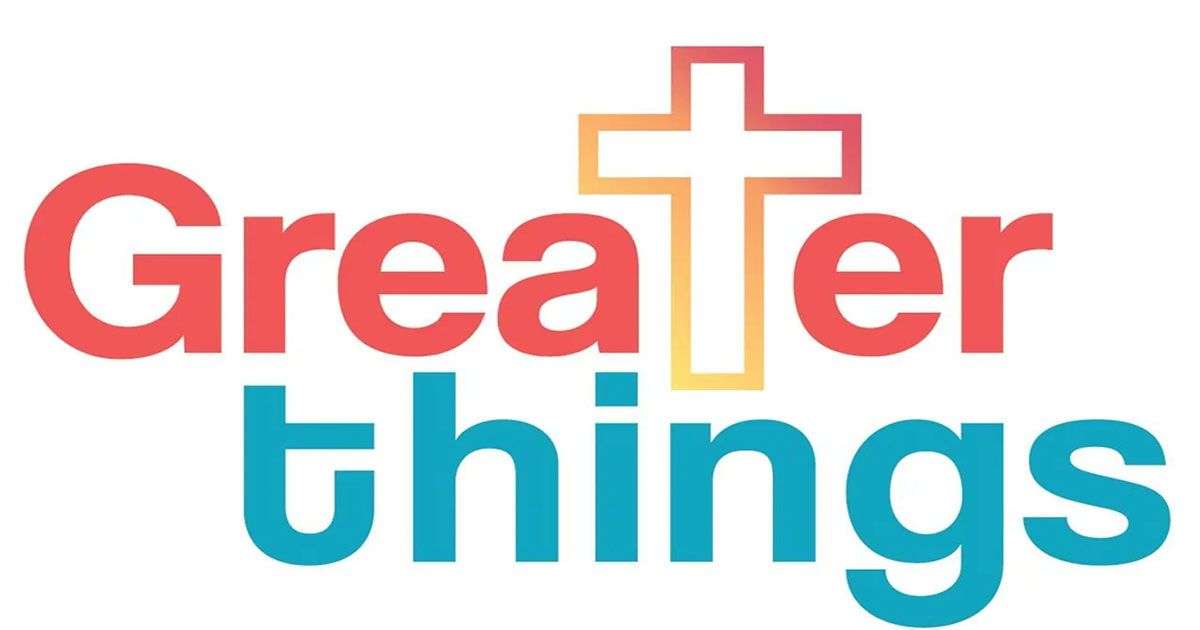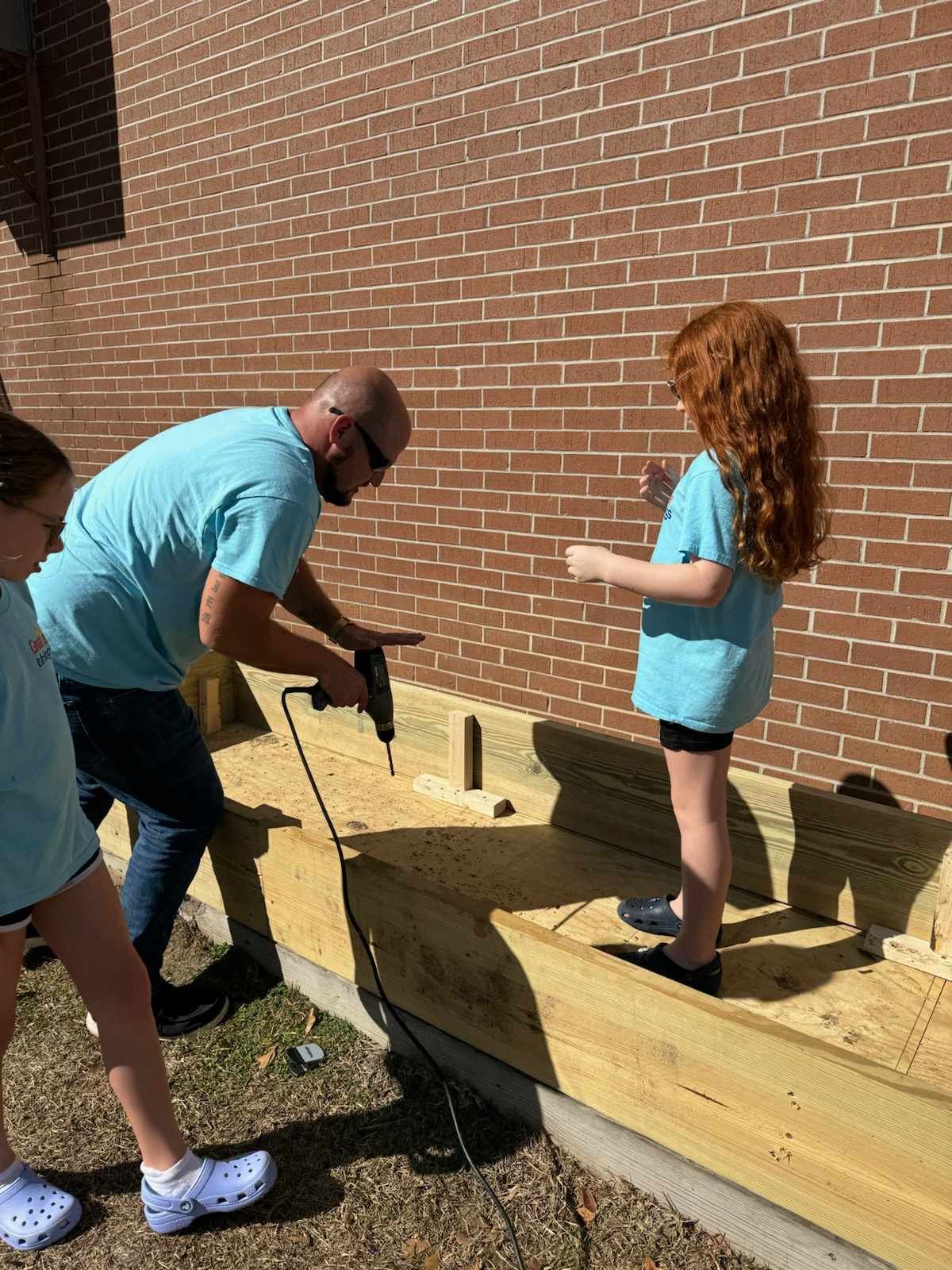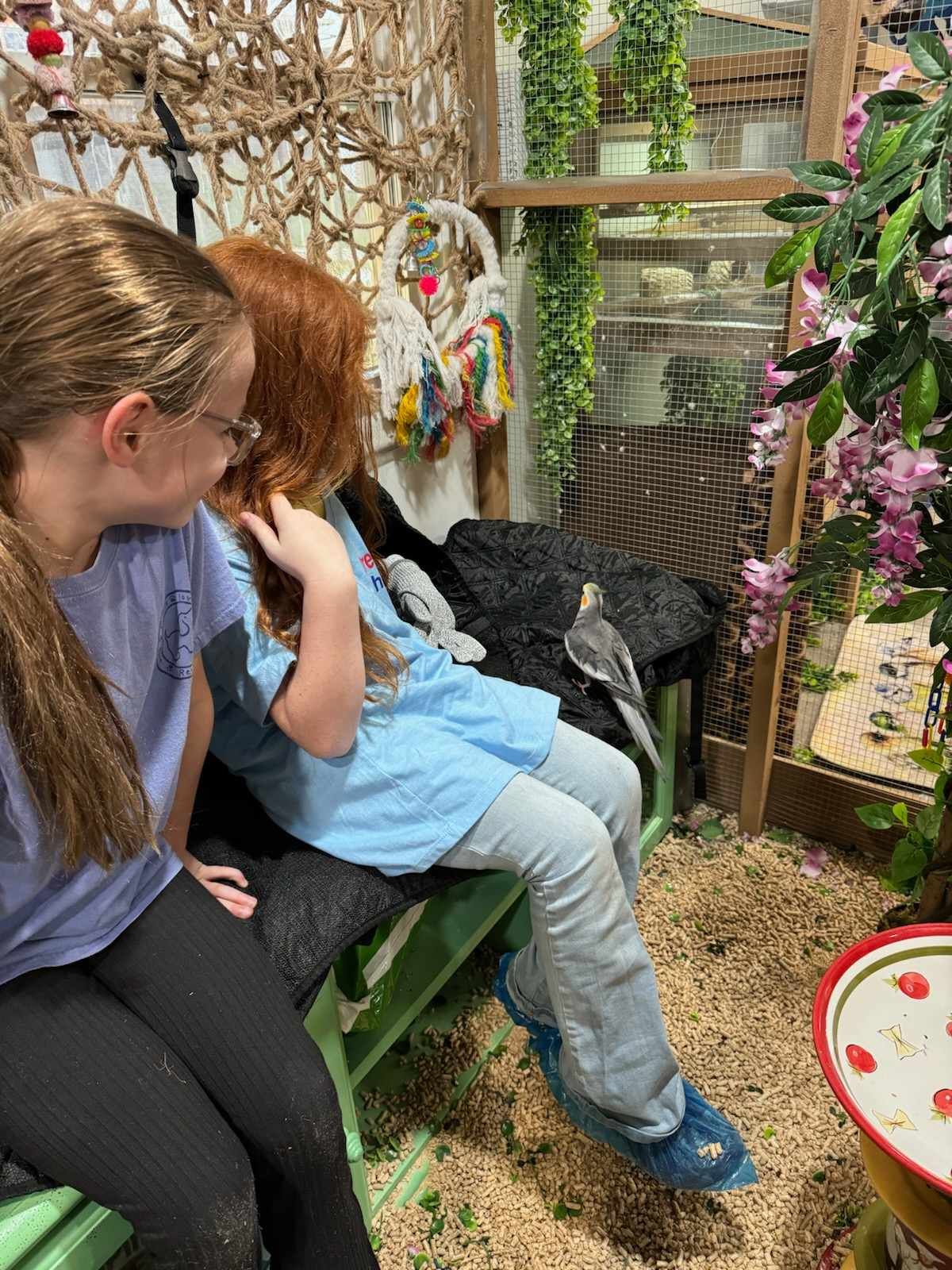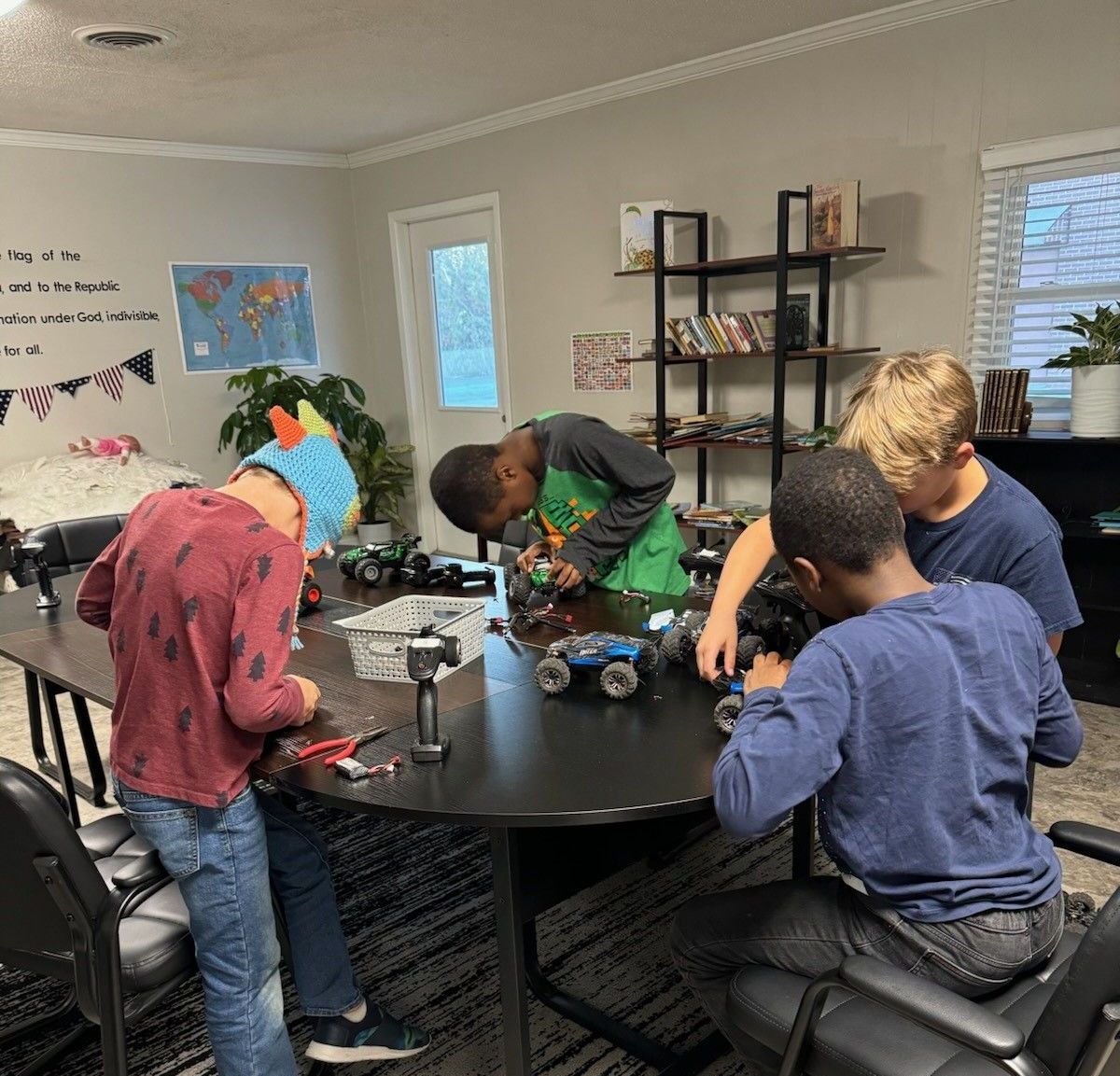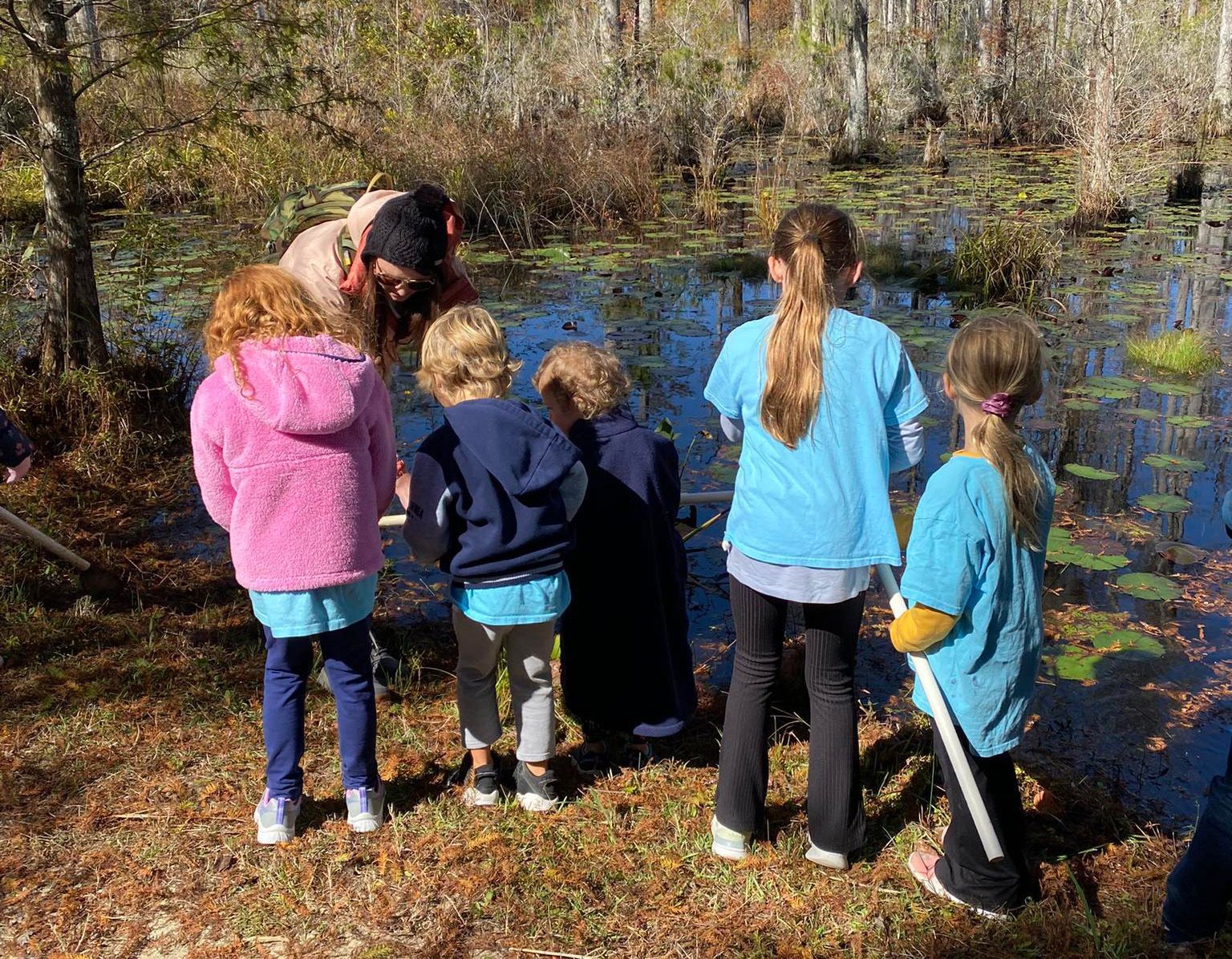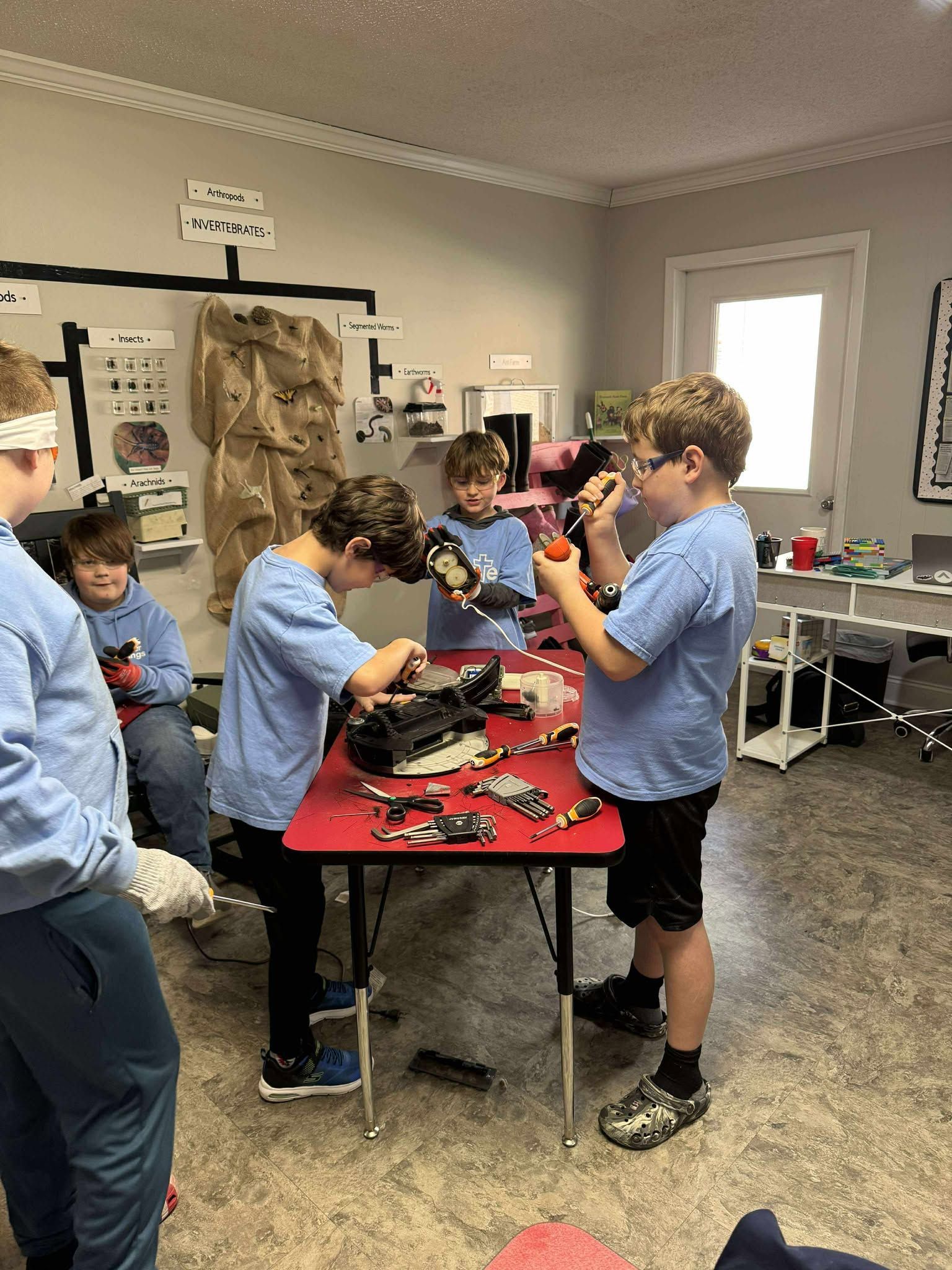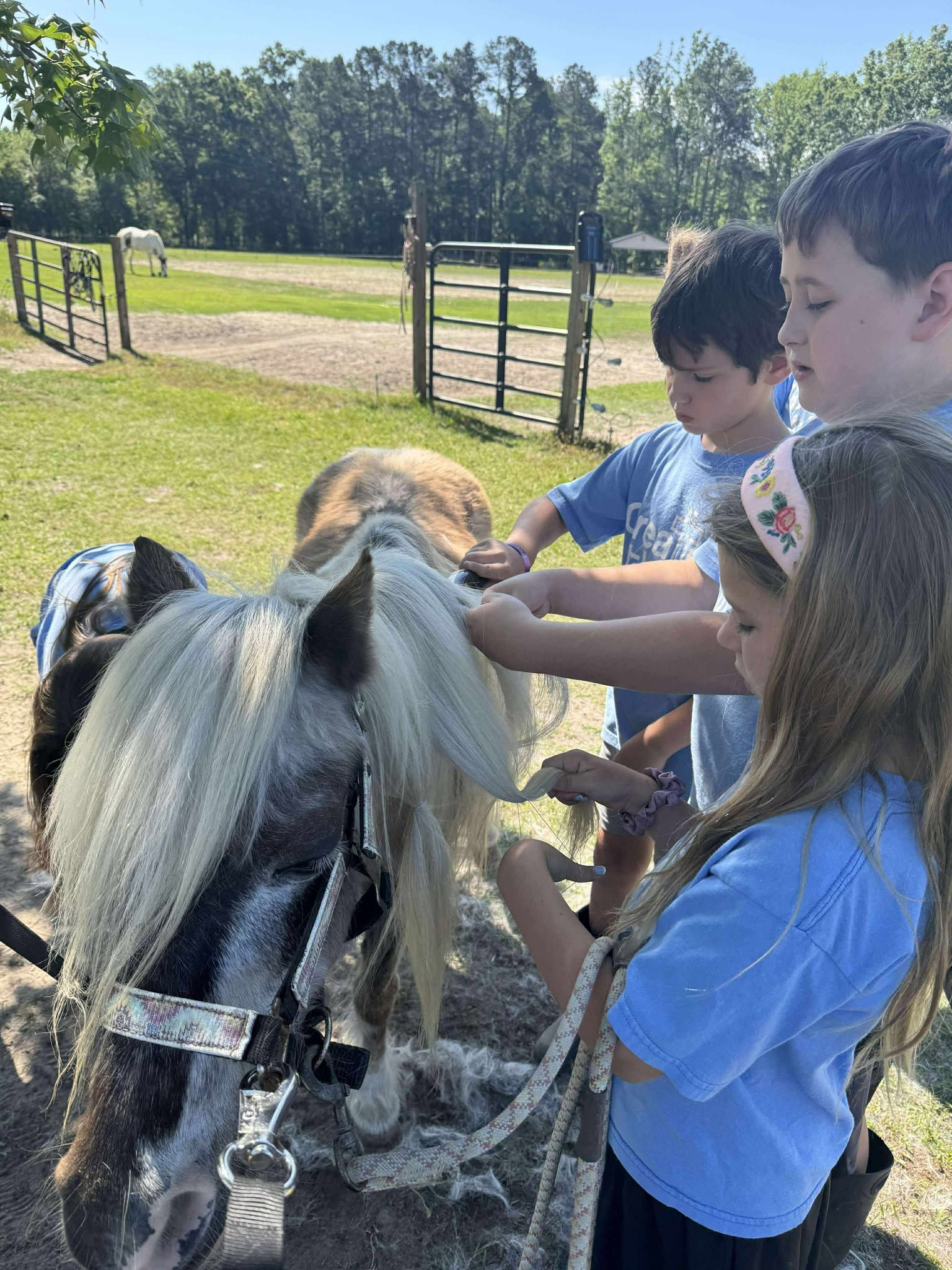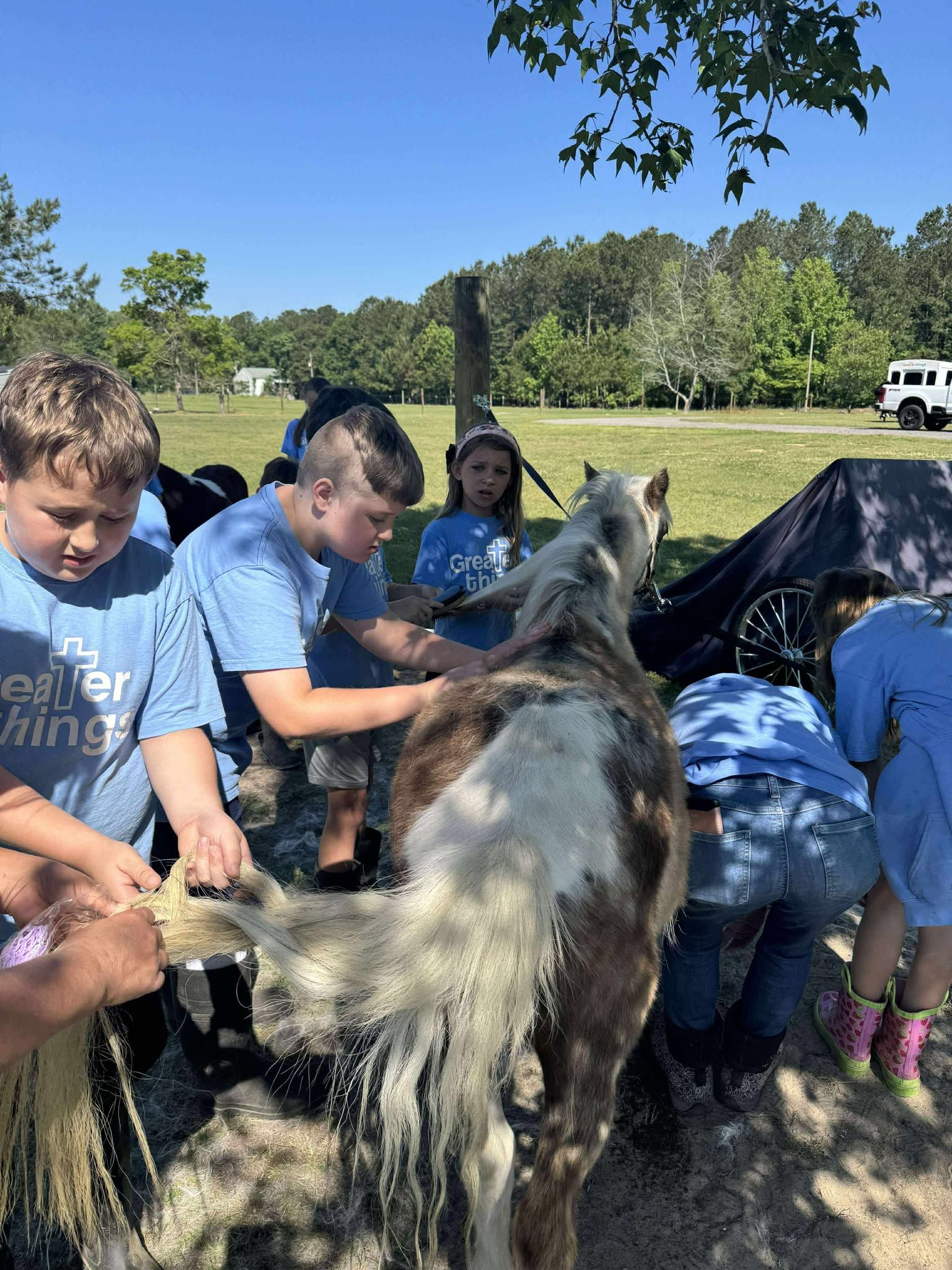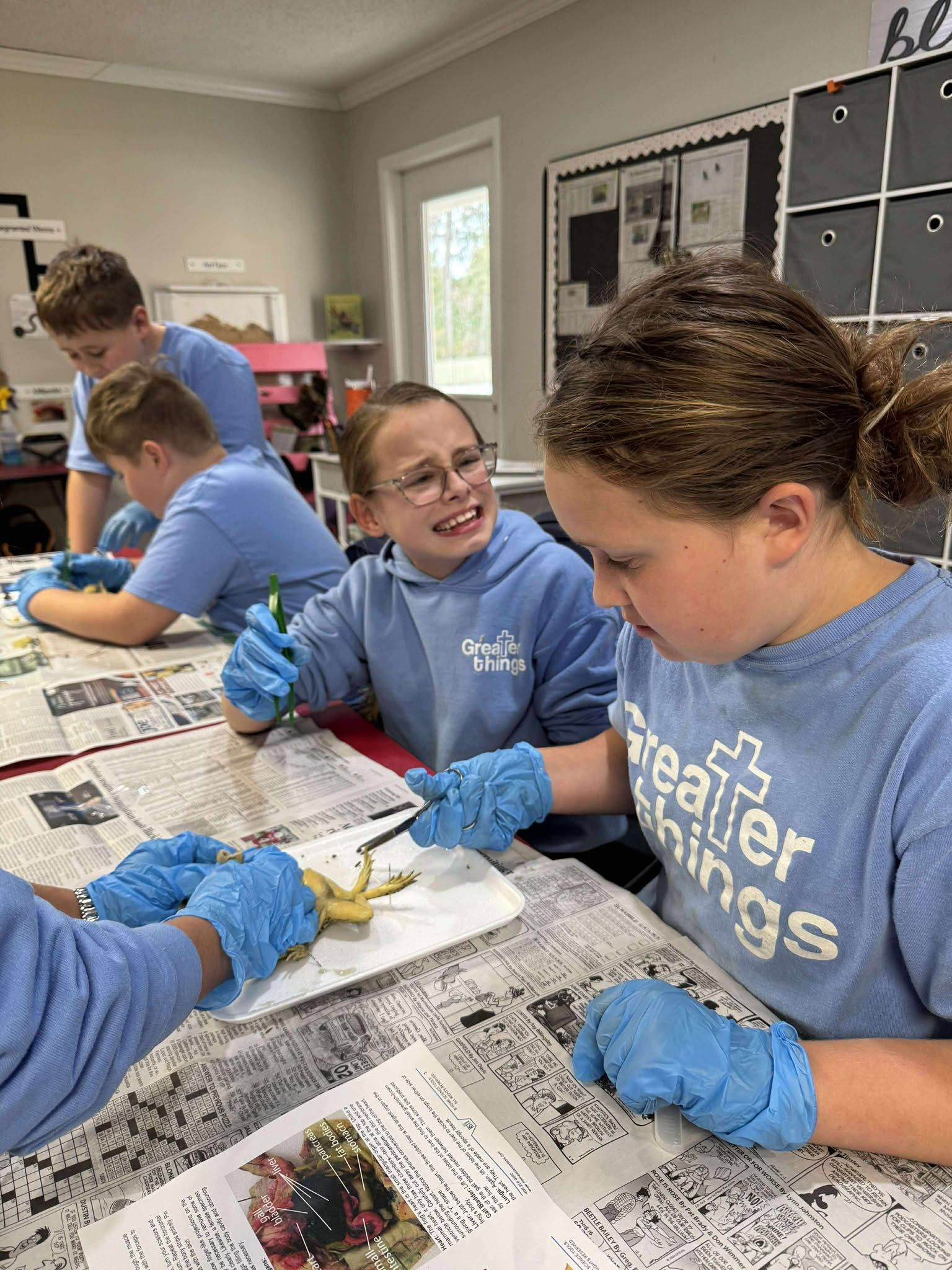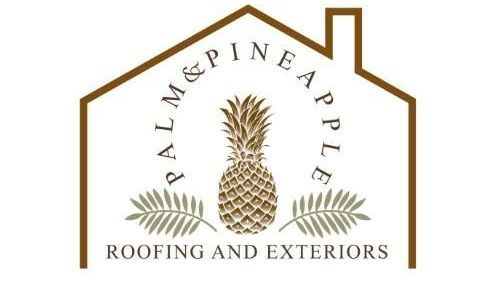Project-Based Learning
Smart Lab defines project-based learning (PBL) as a student-centered approach that “utilizes real-world problems or challenges in an effort to increase student motivation and engagement based on the theory that students will have a deeper connection to curriculum that directly impacts them and their community” (smartlablearning.com). In a PBL classroom, the teacher acts as a coach and guides the students to create clear objectives while keeping their essential question at the forefront at all times (Arundel, 2021). Authenticity and relevancy are top components of PBL (Parker, 2020). In PBL classrooms, the students begin with the end in mind and work backward to gather research and collaborate with peers. Questions create more questions, and students are engaged in their learning as their research requires support and justification, not just an answer. Students work from the top of Bloom’s Taxonomy and develop keen critical thinking skills.
Community involvement is key to the PBL's success. Students must have access to community leaders who will support and encourage them along their journey to analyze, synthesize, and evaluate their essential question. Boss (2011) postulates that students learn best when they are given real-world problems to solve and personal choice regarding how to best solve those problems.
At Greater Things Learning Center, students will engage in and complete one project per quarter.
Each student will choose from the following four categories:
1. Environmental
2. Health
3. Bible
4. Finance
Students must incorporate all four disciplines in their project (math, science, social studies, and English). Students must have a visual (poster board, PowerPoint, etc.) of their findings. Students must present their findings to an audience of at least five people (not including classmates). Students will write a report at the end with a summary of their project, their findings and solutions, and a debriefing of their experience.
Assessment
Formative and summative assessments are administered often in traditional classrooms. An assessment in PBL is different. Each day, a teacher checks in with the student to ensure he or she is on track. Using a rubric, the student will complete what is expected of him or her and give a 10-minute presentation to a minimum of 5 adults. Often in a community setting, the students dress in their best clothes and present their PBL project with questions from the audience at the end.
NOTE: Project-based learning does not take the place of grade-level content. The student adds PBL as a way to show differentiation, or in other words, the process of growth and development of each student.
Skills
Communication, interview questions, Pareto graphing, research using reputable sites, and writing essential questions: What is the most popular fruit?
Materials: List of the following fruits: banana, mango, orange, apple, watermelon, pear, and grapes. Paper, pencil. Colored markers for the graph. Graph paper.
Procedure
1. Before interviewing, make a hypothesis of which fruit you think will be the most popular.
2. Using a 1-10 opinion scale, ask 10 people to rank the order of their interest in fruit, with 10 being the most popular and 1 being the least popular.
3. Graph the results in a Pareto graph.
4. Research where the number one fruit originates in the world and how it is grown. Write up a narrative of no less than one paragraph.
5. What is the nutritional value of the most popular fruit? The least popular fruit?
6. Write up a paragraph on the results of your project, discussing your hypothesis. Was it correct? What surprised you on this project?
Call Greater Things Learning Center and Extended Program in Summerville, SC, at (724) 689-9929 to learn more about how we utilize project-based learning in our classes.
